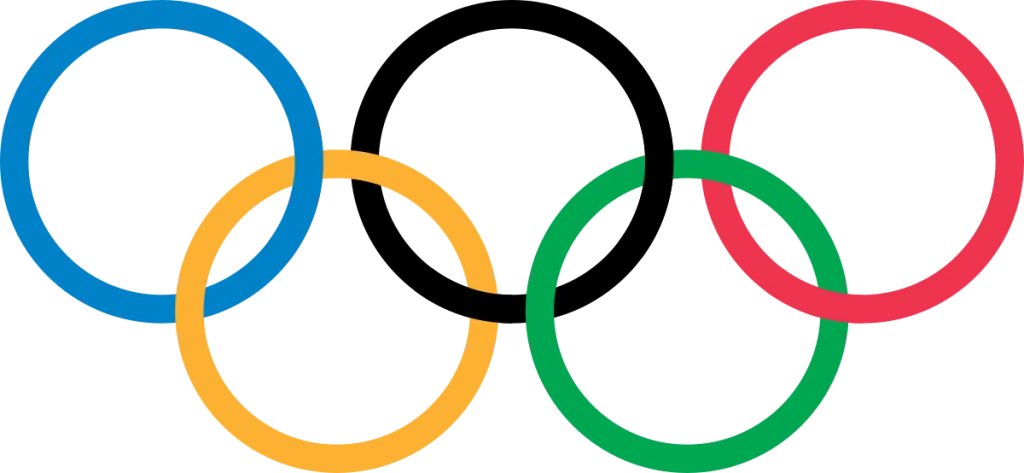Russia has found itself at the centre of yet Olympics doping scandal.
In 2016, a report found that Russia had operated a state sponsored doping programme for years across the vast majority of Summer and Winter sports, with particular emphasis on the 2014 Winter Games, held in Sochi, Russia.
A whistleblower revealed that samples taken from their athletes had been tampered with and ensured they were clean to ensure Russia topped the medals table.
At the 2016 Rio Olympics, track and field athletes were not allowed to compete. And at the last winter Olympics held in Pyeongchang, South Korea, Russians were allowed to compete under a different name.
In 2019, WADA (World Anti-Doping Agency) banned the country from all sporting events for non-compliance, and for manipulating laboratory results given to investigators.
CAS (The Court of Arbitration for Sport) reduced that to two years on appeal.
Now, however, they find itself in the dock again of international public opinion with the news that 15-year-old skater Kamila Valieva failed a drugs test in December, six weeks before the Games started.
She tested positive for trimetazidine, used for the prevention of angina attacks. It is on the WADA banned list because it is classified as a cardiac metabolic moderator, and can help improve physical endurance,
Valieva has already made a name for herself at the Games by become the first female athlete to land a four quad jump at the Olympics. Part of the Russian team that finished first in the team event, she was the hot favourite for the individual women’s figure skating event which starts next week.
What has shocked some is that Valieva is still a minor, and would therefore have been influenced by others to take the drug.
The medals for the team event have still not been awarded while CAS urgently considers the matter. However, for some, it is evidence that Russia is up to its old tricks again. For all pretensions of having cleaned up its act, it is business as usual.
For the IOC and the Chinese organisers, it is just the sort of headline they did not want.

